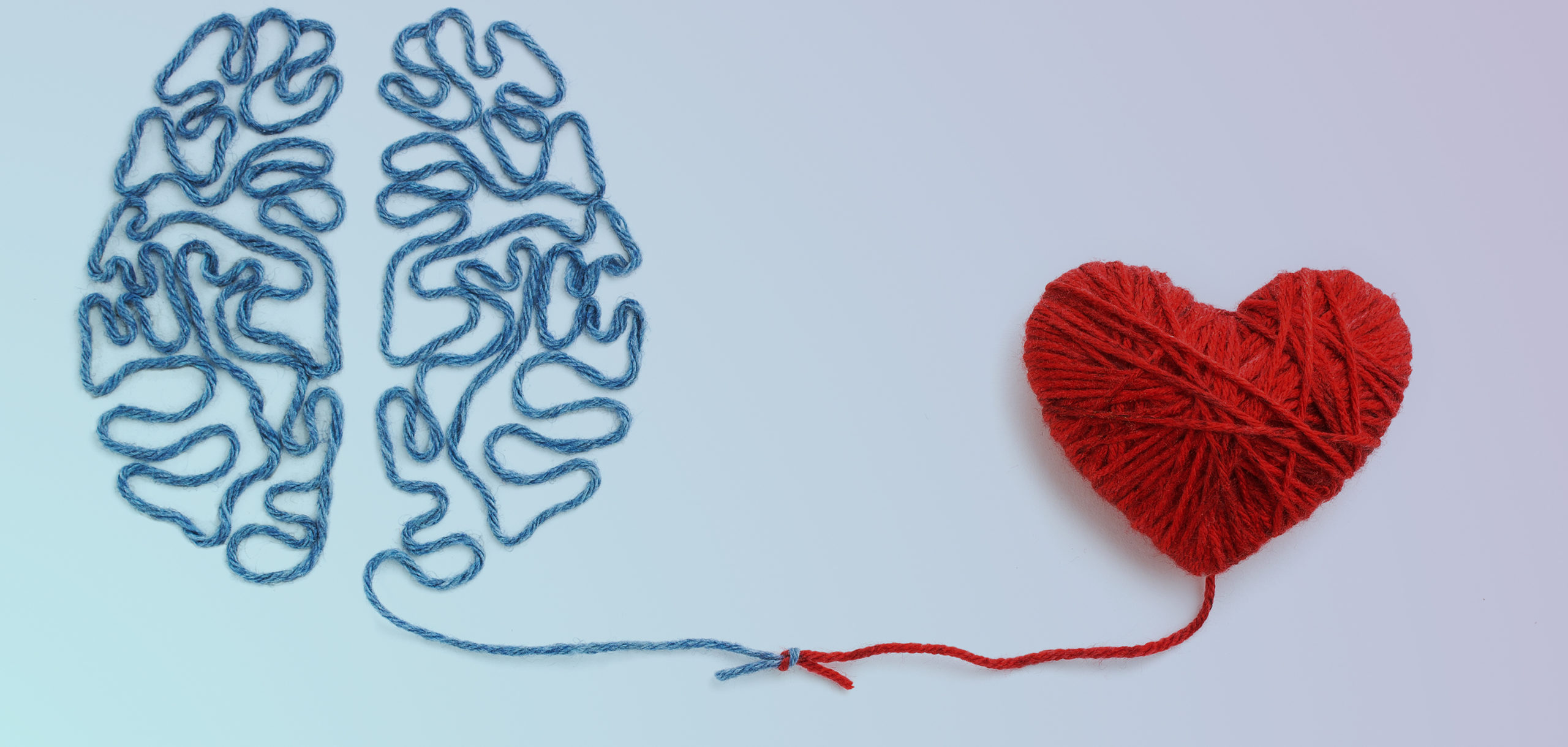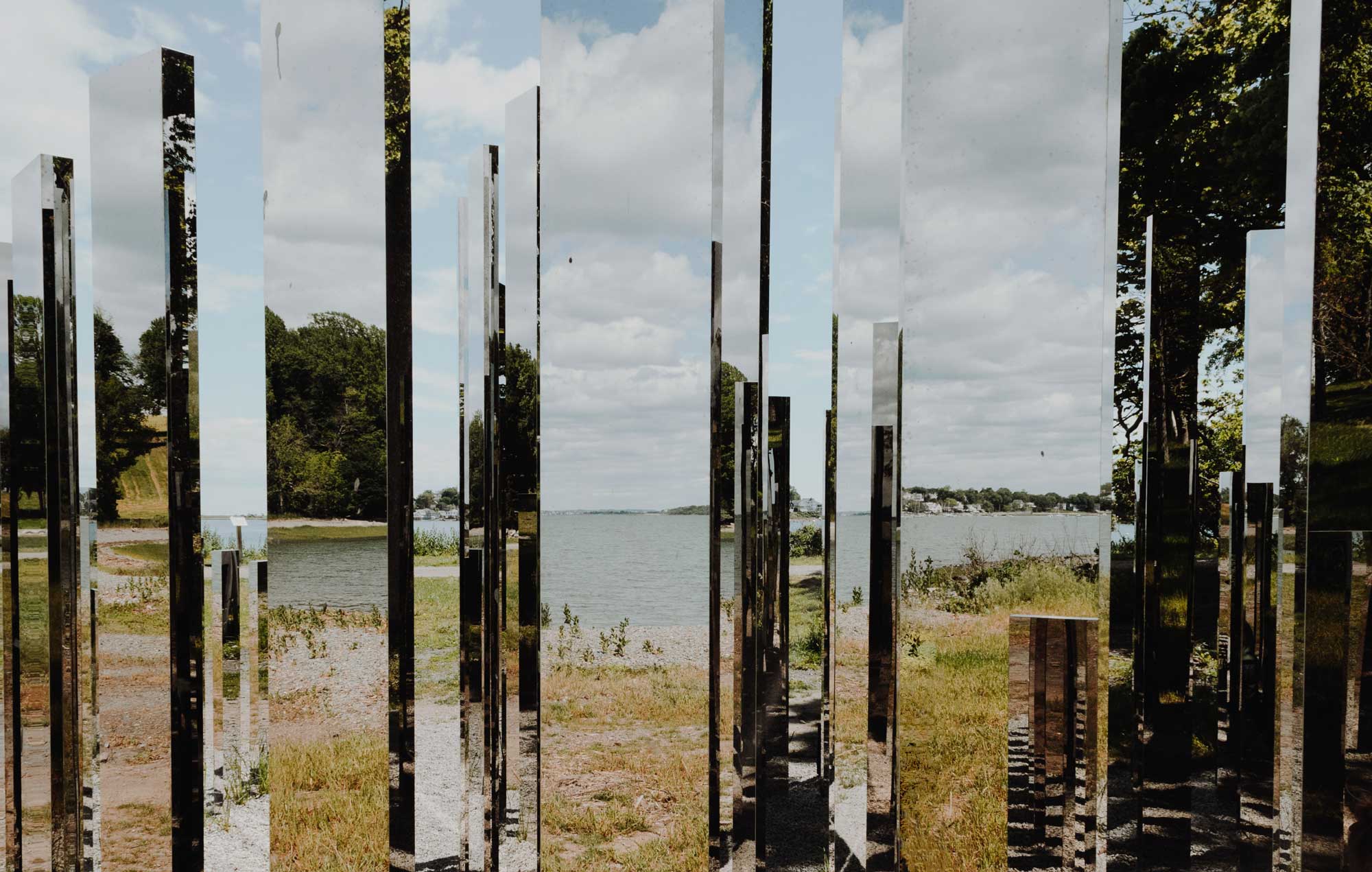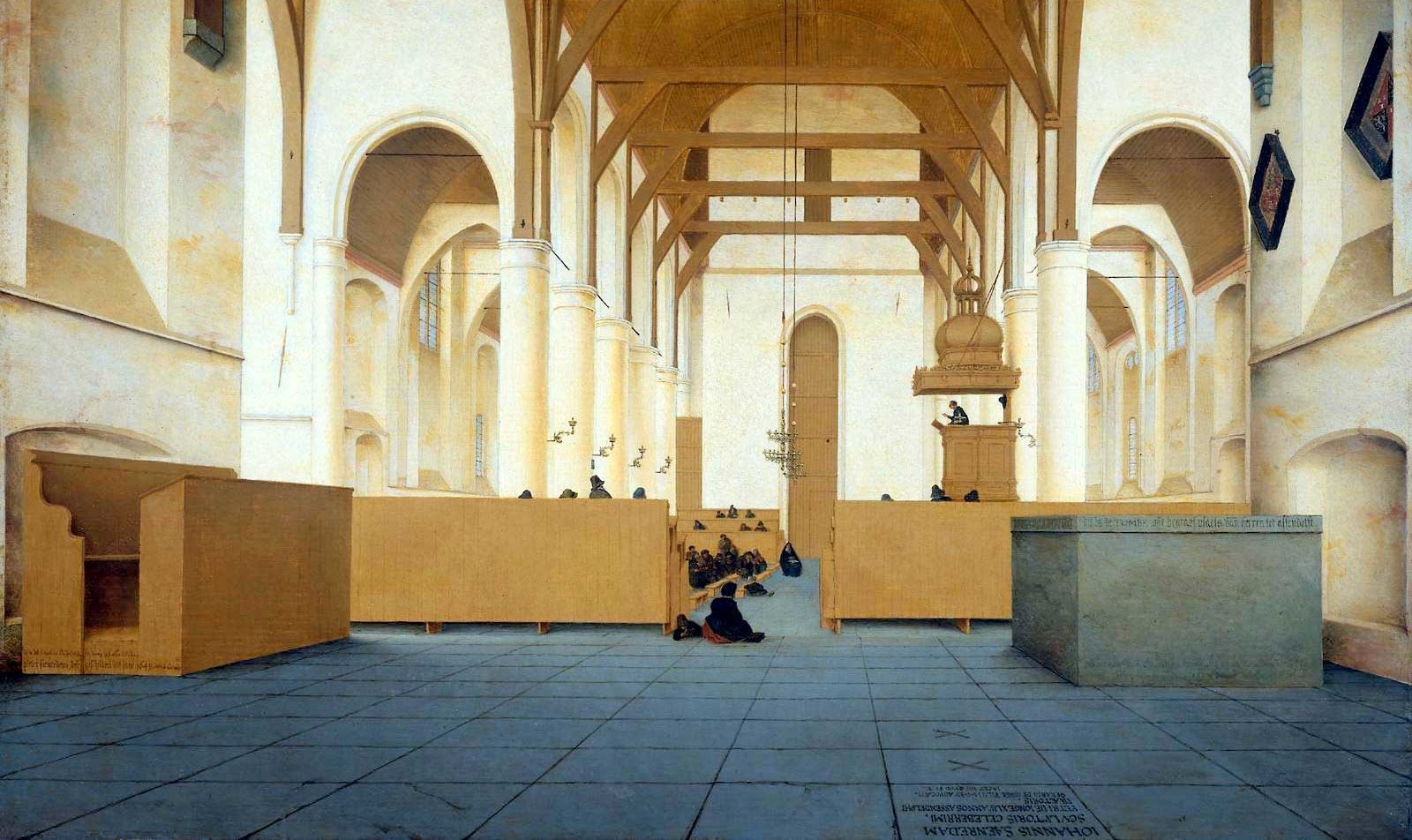The coronavirus pandemic has the nature of a genuine “event” insofar as its reality is in excess of our attempts fully to account for it as to its origins, causes, extent, or implications.
It presents us, as well, with acute versions of some of the basic political questions: How to balance the need for collective action with the sustaining of human freedom? How to achieve at once a pragmatically needed devolution of action and responsibility to the local level and at the same time increase an equally required global coordination and solidarity? What lives to protect and what lives to risk? How to integrate human dignity with natural equilibrium? How to balance survival with what survival is for?
And then there’s the meta-question: How are we to assess the political responses to the “great pause” in our current lives? One is naturally inclined to agree with Slavoj Žižek that we should welcome the fact of an increase in human solidarity, even if or perhaps all the more because it has to be exercised sacrificially through human isolation. It is good that there proves to be a limit to the human tolerance of economism. In the end, even the current British Tories were obliged to back away from a policy of deliberately slaughtering the old and the sick in order to smoke, if not save, their Brexit Bacon.
What is more, despite arguments about the relative virtues of suppression versus herd immunity and of balancing immediately threatened lives versus sustaining the economy, in the end all governments are likely to adopt a mixing of both strategies and to attempt some sort of such balance. If we wanted instead to mitigate these difficult choices, we would have to switch to a totally different political and economic order.
We would, indeed, have to revisit the entire question of what work is for. And we would have to fully recognize the equal social importance and difficulty of more “basic” tasks like building, transporting, serving, and caring. We would come to see that these are “arts” also and we would seek to render them more so.
Another version of this tension has emerged as well, between those, like Žižek, who celebrate our current concern with life as such and those who, in various degrees like Giorgio Agamben, warn of our now being reduced to “bare life,” which will eventually prove to be no sort of life whatsoever. This debate has its ecclesiastical equivalent: Overwhelmingly religious leaders (and those who, while they are not clergy, are speaking as Christians) have sanctified the new priority for the medical, but others, and most extremely Rusty Reno, have suggested that this is but an ultimate secular encouragement to see any old life as more important than a fulfilled spiritual one. Thus they have argued against the shutting of churches and the ending of public worship.
Once again, both sides have a point. It is hysterical to claim that measures adopted in the face of war or plague are really intended in all perpetuity. And because we are embodied creatures, mere living is indeed the basis of more exalted modes of existence. On the other hand, we know very well that wartime emergency measures often do survive, though for good as well as for ill. It is also worryingly evident that churches have often (and especially in the UK) been closed to an unnecessary degree and that they, along with other less utilitarian and more convivial public spaces (including libraries, clubs, and pubs), are destined to be the last things to be reopened, precisely because they are less about bare living and bare economic surviving.
In the longer term, just as we can see how the pandemic bodes to increase human isolation and lack of real physical contact, thereby favoring a huge increase of “divide and rule,” so also we can see how it bodes to increase an over-obsession with the avoidance of danger and an endless and self-internalized quantification of risk from minute to minute… In the cases of motion and transport—of walking, climbing, cycling, and sailing—as also with human, including sexual interactions, it is obvious that we do as individuals regard certain risks as constantly worth running—or indeed worth staying at home for. We tend to become more inhibited by them when we look at averages and are provided with “solutions” for their avoidance and minimization. It is when are persuaded to regard ourselves as objects through the gaze of the public spectacle that we cease to live with ourselves as self-posited subjects able spontaneously to sense which risks should be undergone and which avoided—all, of course, according to inborn or acquired temperament, an aspect of our own “nature” which we ought to respect, which is also part of “who we are.”





